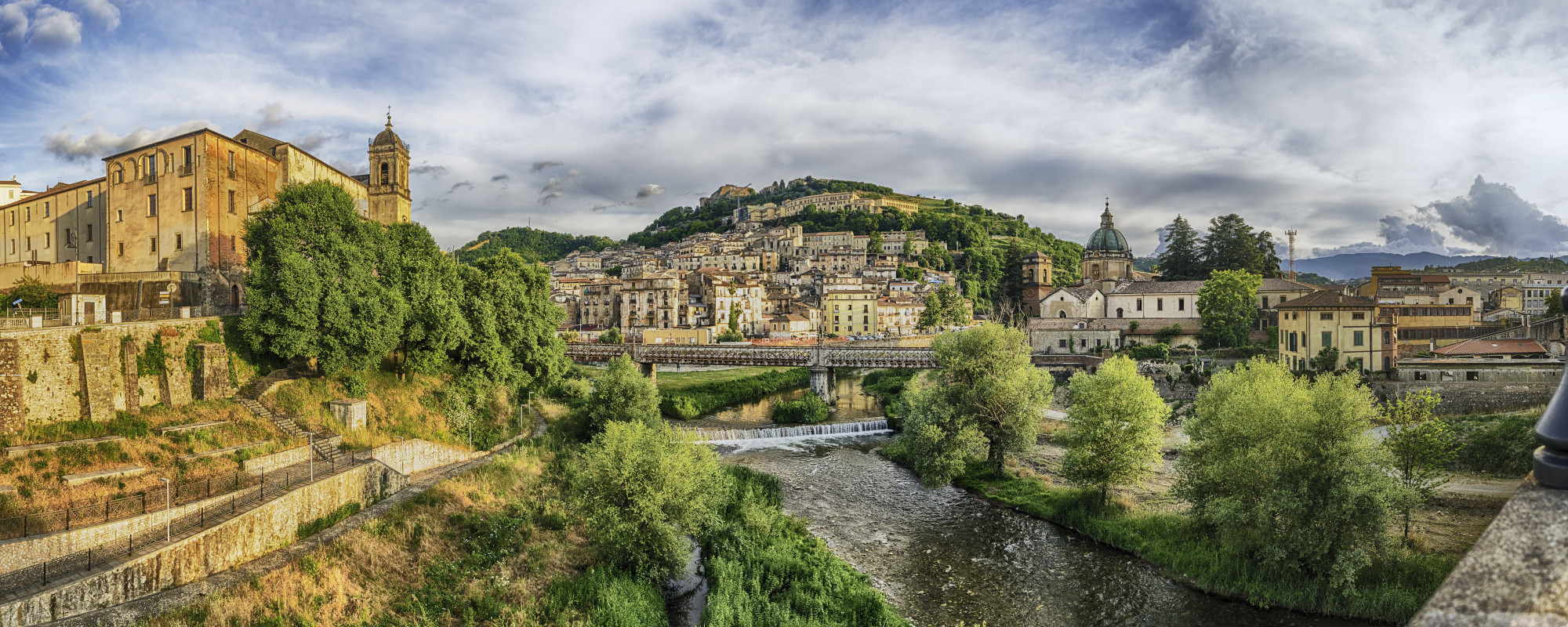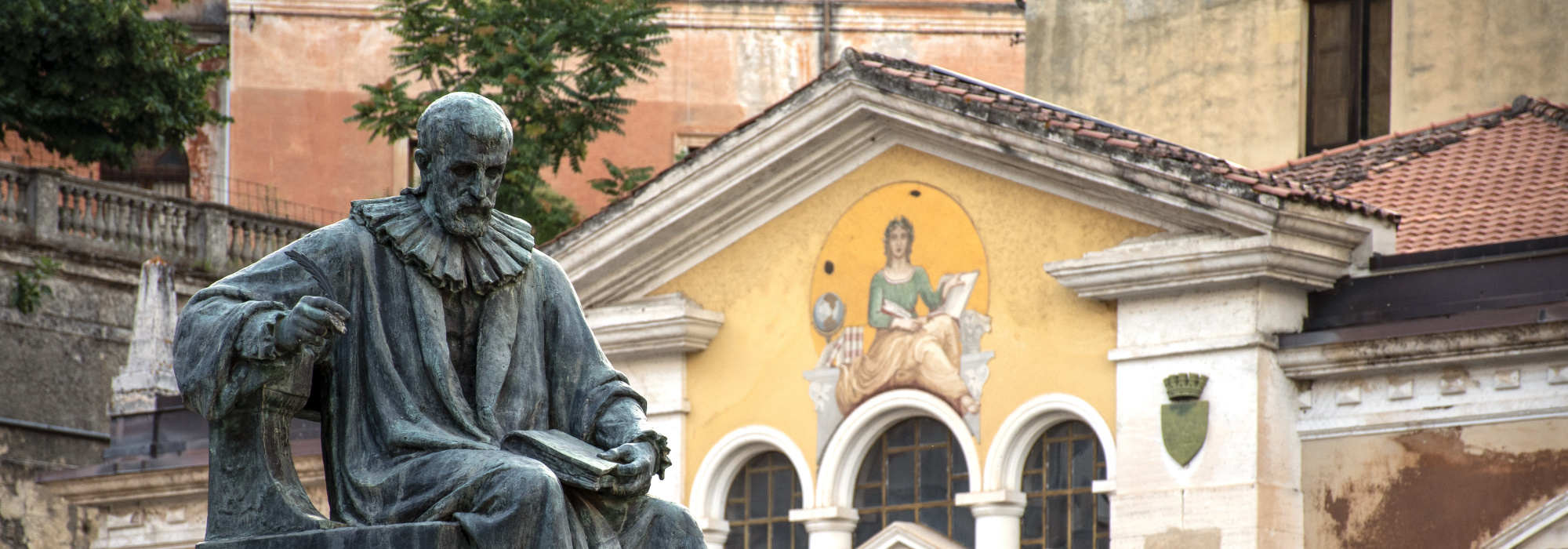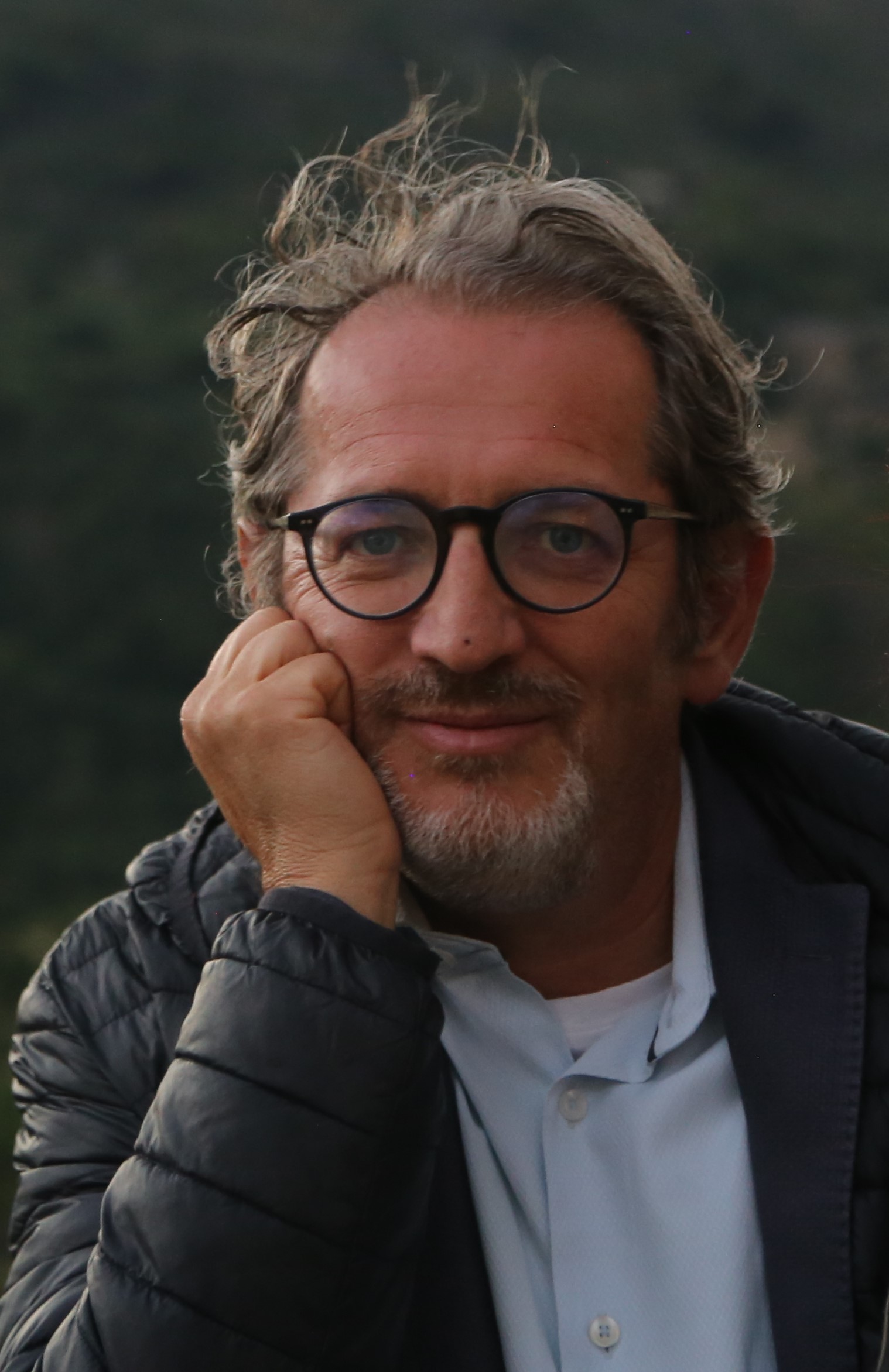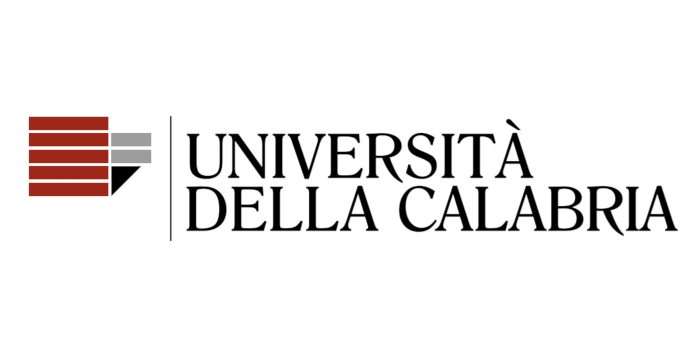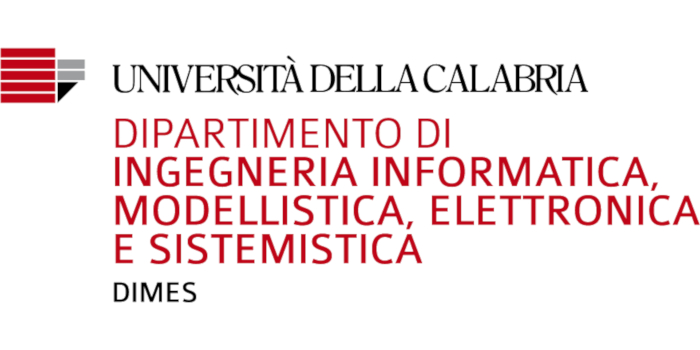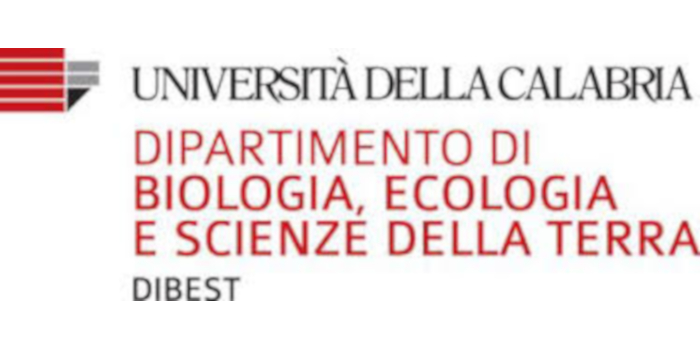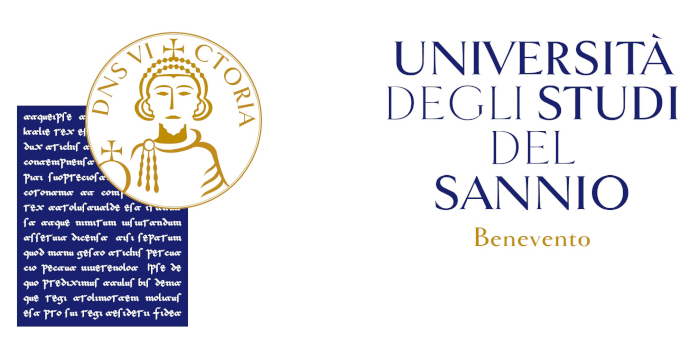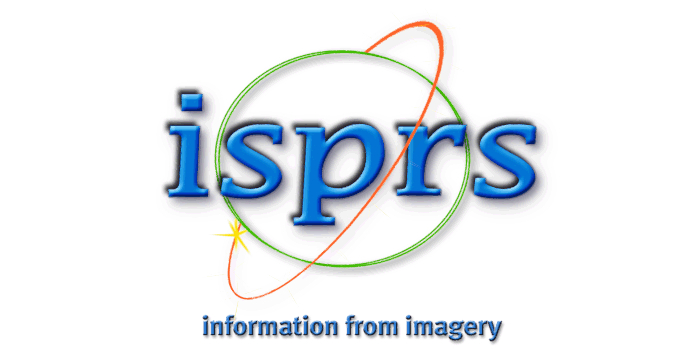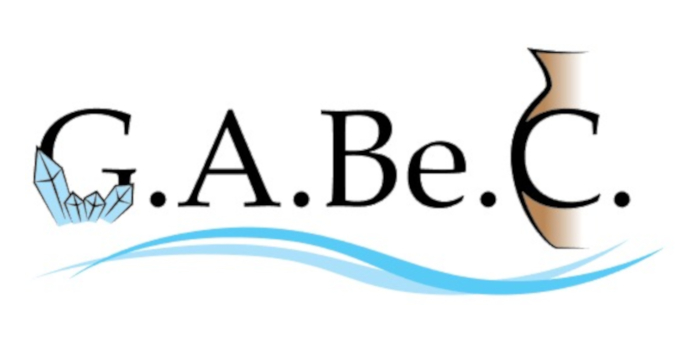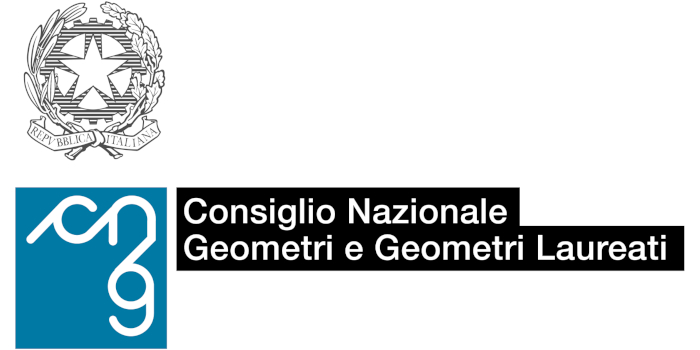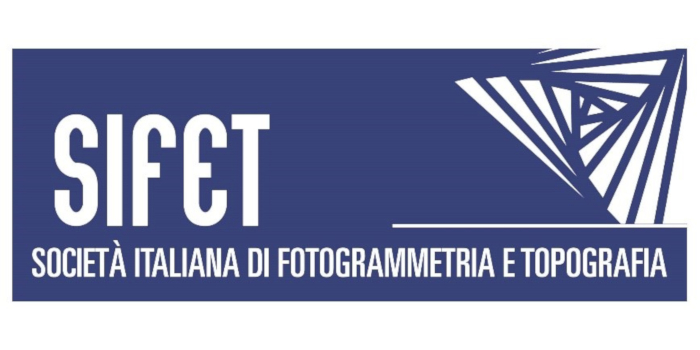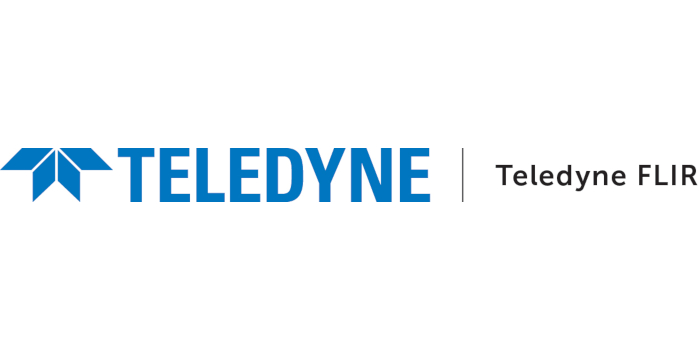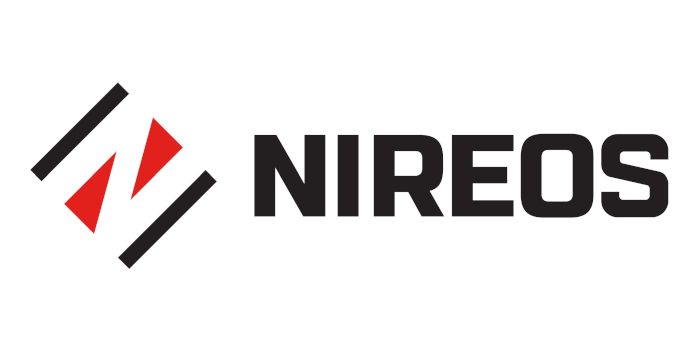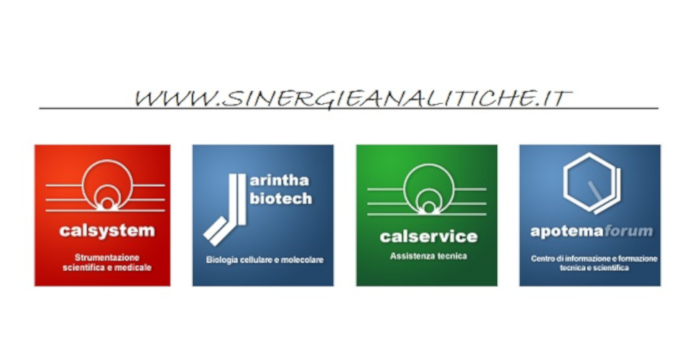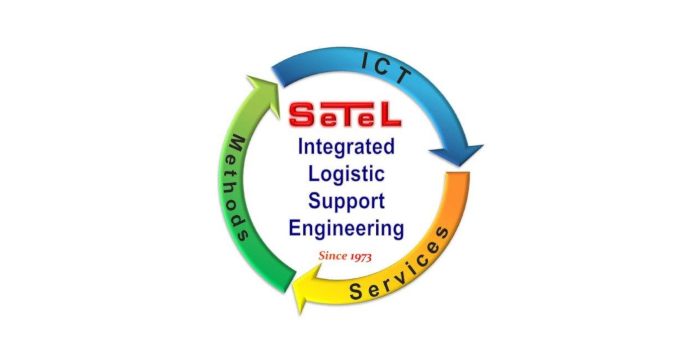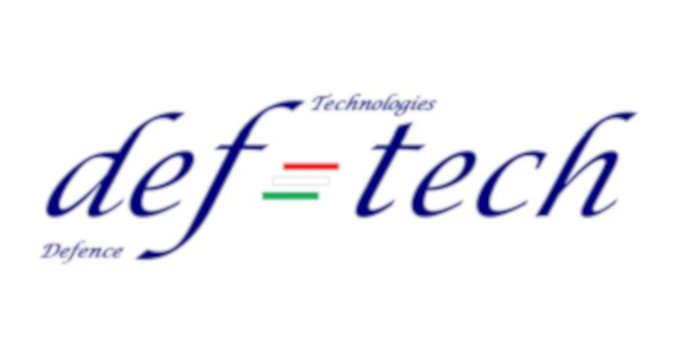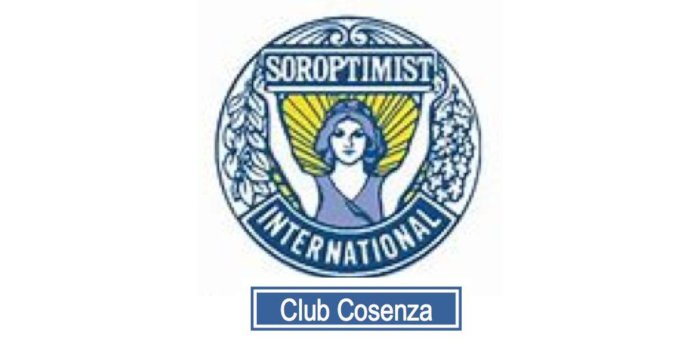UNDERWATER CULTURAL HERITAGE: FROM SENSING TO MANAGEMENT
ORGANIZED BY

Crescenzo Violante
Institute of Heritage Science (IHS), National Reserch Council (CNR), Napoli, Italy
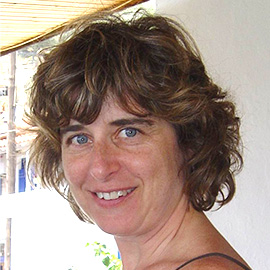
Barbara Davidde
National Superintendence for Underwater Cultural Heritage, Taranto, Italy
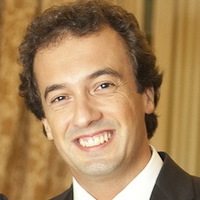
Fabio Bruno
Department of Mechanical, Energy and Management Engineering, University of Calabria
Nicola Masini
Institute of Heritage Science (IHS), National Reserch Council (CNR), Potenza, Italy
ABSTRACT
Underwater archaeology has long relied on technology to locate and document submerged cultural sites or shipwrecks. Until the early 1990s, the majority of marine archaeo-geophysical surveys were reconnaissance in nature, where the principal objective of the investigation was to locate an archaeological site close to navigational hazards or ports. In the last decades, rapid advances in marine acoustic and optical techniques have provided the underwater archaeological community with significant opportunities for re-defining the procedures for site mapping, evaluation and monitoring. Yet, new approaches to documentation and dissemination of underwater sites arise from structure-from-motion (SfM) photogrammetry and Virtual & Augmented Reality. All these technologies are indeed very effective for the identification and study of submerged cultural features and allows for a comprehensive access to the underwater environment to diving and non-diving public.
The aim of this session is to discuss the main remote sensing technologies and methodological approaches that are currently used for imaging submerged archaeological assets. These applications are important for the protection and management of underwater sites that are currently known, and for the future assessment of sites that should be periodically performed as climate changes and increased leisure activity puts pressure on the near-shore zone and inland waters.
TOPICS
Topics include, but are not limited to:
- Marine acoustic remote sensing;
- Optical and Lidar airborne remote sensing;
- Structure-from-motion (SfM) photogrammetry;
- Virtual & Augmented Reality technologies.
ABOUT THE ORGANIZERS
Crescenzo Violante, senior technologist at the Institute of Heritage Science of the National Research Council (CNR-ISPC). Geologist, he received his PhD in Earth Science at Univeristy of Bologna. His scientific interest concerns marine geology and geophysics with the aim to investigate seafloor and sub-seafloor areas and associated cultural assets. This research ranges from laboratory analysis of swath bathymetry, sidescan sonar and shallow seismic imagery, to hydrographic data acquisition and processing, geomorphic reconstruction, and marine seafloor archeological characterization and mapping.
Barbara Davidde, superintendent of the National Superintendency for Underwater Cultural Heritage, based in Taranto. She received her PhD at Université de Provence- Centre d’Aix in Provence. She is a member of the Scientific and Technical Advisory Body (Stab) of the 2001 Unesco Convention for the protection of the Underwater Cultural Heritage.
Fabio Bruno, associate Professor at the Department of Mechanical Energy and Management Engineering (DIMEG) of the University of Calabria. He received the title of PhD in Mechanical Engineering at the University of Calabria. He is a founding partner of 3DResearch s.r.l. Spin-Off Company of the University of Calabria.
Nicola Masini, research Director of CNR, Deputy Director of CNR-Institute of Heritage Science, Senior lecturer at Master and PhD courses of University of Basilicata, his dominant scientific interests are focused on the development and application of remote sensing based methods for archaeological research, landscape archeology, cultural heritage risk analysis and conservation. Since 2008 he has been the Director of the Archaeological Science Mission ITACA in Southern America. He directed several international projects (H2020) and scientific campaigns in Peru, China, Bolivia, Colombia and Italy. He has received several awards among which PIFI awards in 2016 by Chinese Academy of Science
